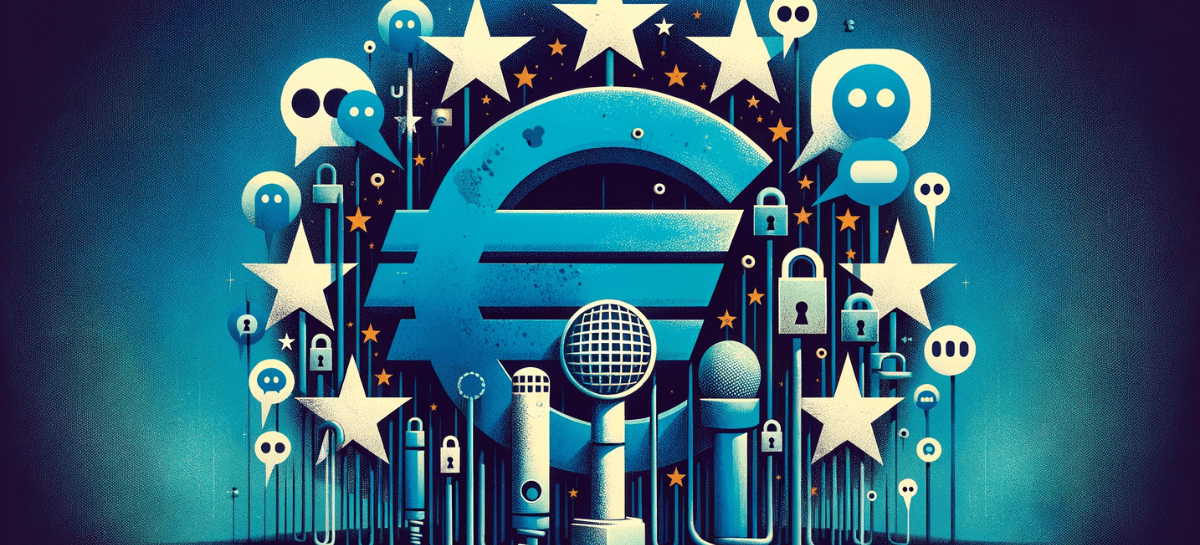
By J.D. Tuccille
Among those who think the United States is an unseemly cesspool of unrestrained opinions voiced by those people, Europe is often touted as an alternative for speech regulation. European Union law, following in the footsteps of national legislation, imposes enforceable duties on private platforms to purge “hate speech” and “disinformation”—or else. But free speech advocates warn that these laws are clumsy and dangerous tools that threaten to muzzle expression far beyond the bounds of their nominal targets. They’re right, and they now have receipts.
Europe’s Intrusive Speech Regulations
In a new report, Preventing “Torrents of Hate” or Stifling Free Expression Online?, The Future of Free Speech, a think tank based at Vanderbilt University, points out that online regulation changed in 2017 with Germany’s adoption of the Network Enforcement Act (NetzDG), “which aimed to combat illegal online content such as defamation, incitement, and religious insults.” That law inspired lawmakers around the world, as well as similar E.U.-wide legislation in 2022 in the Digital Services Act (DSA). “The underlying assumptions surrounding the passage of the DSA included fears that the Internet and social media platforms would become overrun with hate and illegal content,” notes the report.
But “hate” and other forms of unacceptable content are often in the eyes of the beholder. And the power to punish platforms for allowing forbidden speech encourages suppressing content.
The DSA “gives way too much power to government agencies to flag and remove potentially illegal content and to uncover data about anonymous speakers,” cautioned the Electronic Frontier Foundation in 2022.
“The Digital Services Act will essentially oblige Big Tech to act as a privatized censor on behalf of governments — censors who will enjoy wide discretion under vague and subjective standards,” Jacob Mchangama, now executive director of The Future of Free Speech, warned that same year.
Now, here we are with these laws in effect. What does the new report find about their implementation?
Banned but Legal
“Legal online speech made up most of the removed content from posts on Facebook and YouTube in France, Germany, and Sweden,” according to the report. “Of the deleted comments examined across platforms and countries, between 87.5% and 99.7%, depending on the sample, were legally permissible. The highest proportion of legally permissible deleted comments was observed in Germany, where 99.7% and 98.9% of deleted comments were found to be legal on Facebook and YouTube, respectively.”
Read MoreJacob Mchangama is the Founder and Executive Director of The Future of Free Speech. He is also a research professor at Vanderbilt University and a Senior Fellow at The Foundation for Individual Rights and Expression (FIRE).

